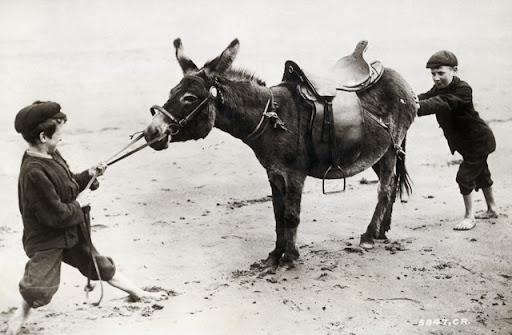
The sin of pride is considered a little old fashioned in today’s western world. Society virtually celebrates the boasting and hubris of the successful, finding in it an appropriate expression of the value of winning.
But the genuinely Christian attitude to pride is of course very different.
The interesting thing about pride is that it can don so many different guises. Like an epidemic virus, it changes its appearance in order to avoid detection and resistance, and by so doing, it creeps beneath our defences against it. The human body fights such viruses by recognising every new disguise of the virus and continually creating new antibodies to fight it off. The spiritual person needs a similar strategy.
In the hope of helping the reader to strip away the disguises, I present a small survey of some of the many masks pride can wear. Readers are invited to add their own ‘masks’ to the list by clicking on the Comments link above right.
I offer the warning that I myself am susceptible to all the forms of pride listed below (how else could I know so much about them!) and struggle with them daily. Identifying a problem is only halfway to fixing it.
Mask #1: Praise Magnet
You tell people how awful you are in order to make them feel compelled to disagree with you and tell you just how good you actually are. Very clever disguise that masquerades as humility. Continue reading “The Many Masks of Pride”

 Before the election, I commented in this blog on how nice it would be if a straightforward, honest politician with integrity entered our political scene:
Before the election, I commented in this blog on how nice it would be if a straightforward, honest politician with integrity entered our political scene:

 Cloning is an issue that raises many complex moral and ethical issues. There is any number of opinions on many of these issues, but it has so far proven difficult for the honest Christian to find certain answers on many of them. I am not sure that I have definite answers, but I will simply share some thoughts on a few interesting questions. No doubt you might disagree with some of the things I write, but feel free to comment and tell me why.
Cloning is an issue that raises many complex moral and ethical issues. There is any number of opinions on many of these issues, but it has so far proven difficult for the honest Christian to find certain answers on many of them. I am not sure that I have definite answers, but I will simply share some thoughts on a few interesting questions. No doubt you might disagree with some of the things I write, but feel free to comment and tell me why.

 One of the major issues challenging our ethics in the 21st century is the issue of human cloning. There are compelling parallels to the rise of nuclear energy 60 years ago. Whilst nuclear energy has given us a relatively clean source of incredible amounts of energy, and is even used in medicine to save lives, it also brought with it the ability to destroy the world as we know it. Would we have been better off if the power within the atom had never been unleashed?
One of the major issues challenging our ethics in the 21st century is the issue of human cloning. There are compelling parallels to the rise of nuclear energy 60 years ago. Whilst nuclear energy has given us a relatively clean source of incredible amounts of energy, and is even used in medicine to save lives, it also brought with it the ability to destroy the world as we know it. Would we have been better off if the power within the atom had never been unleashed?